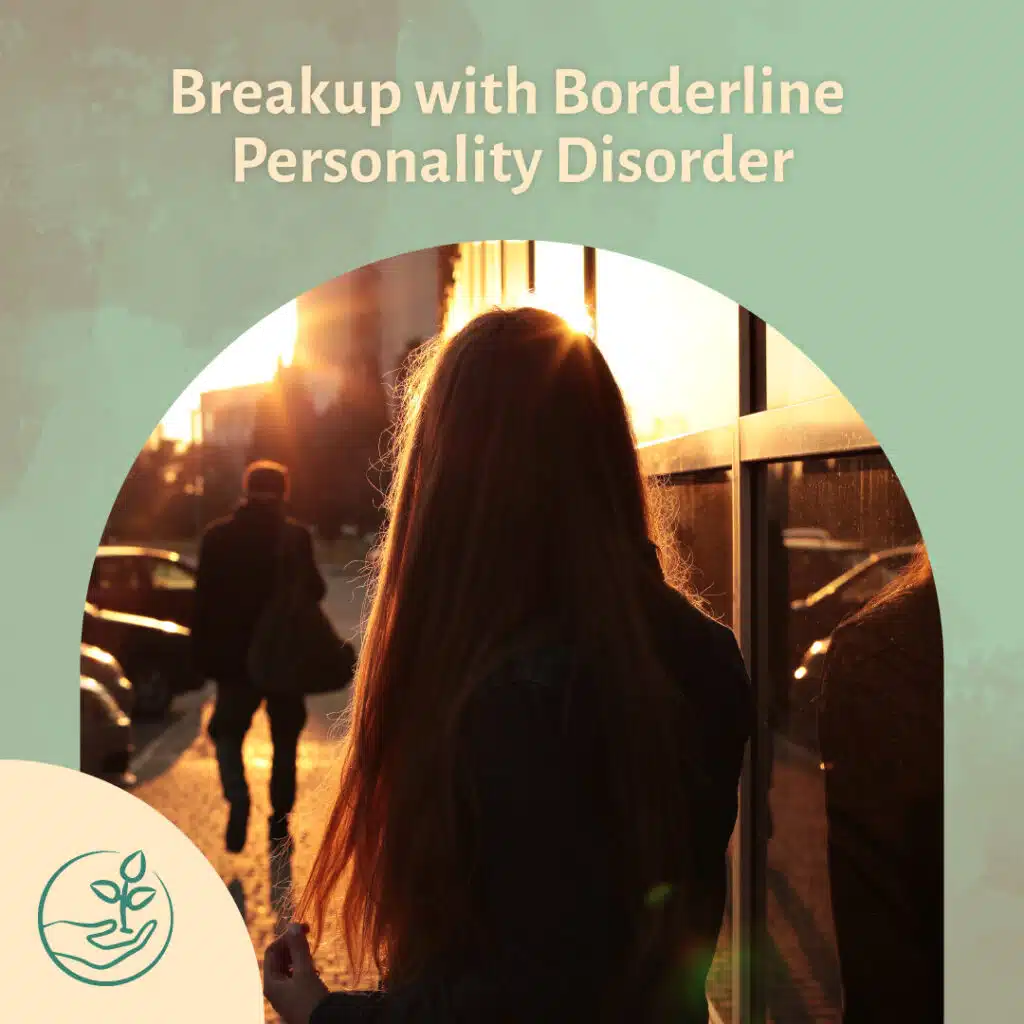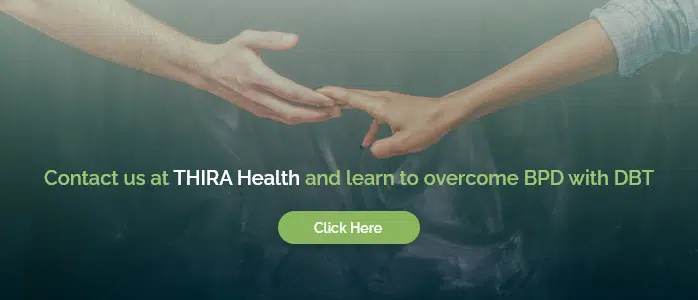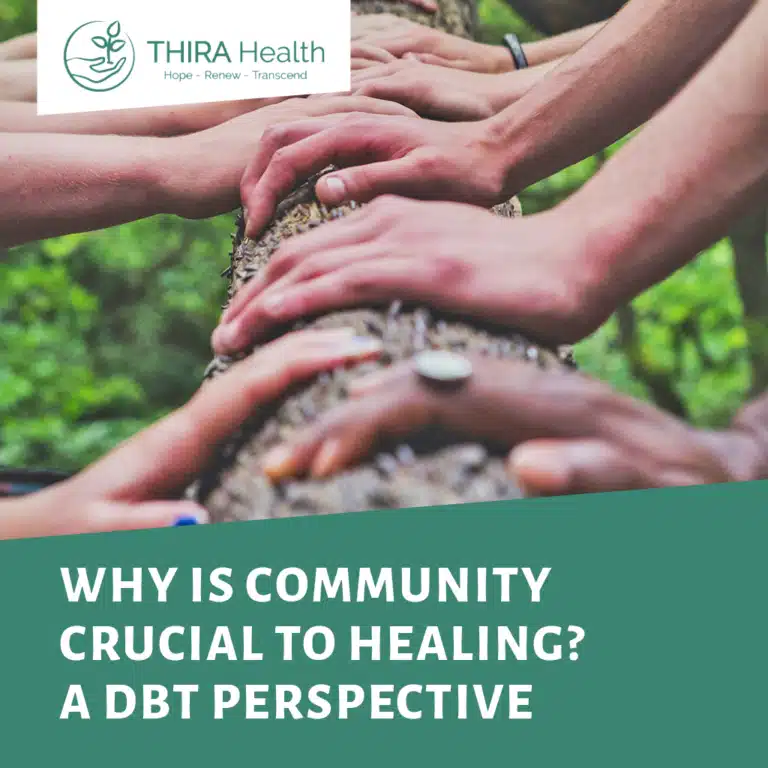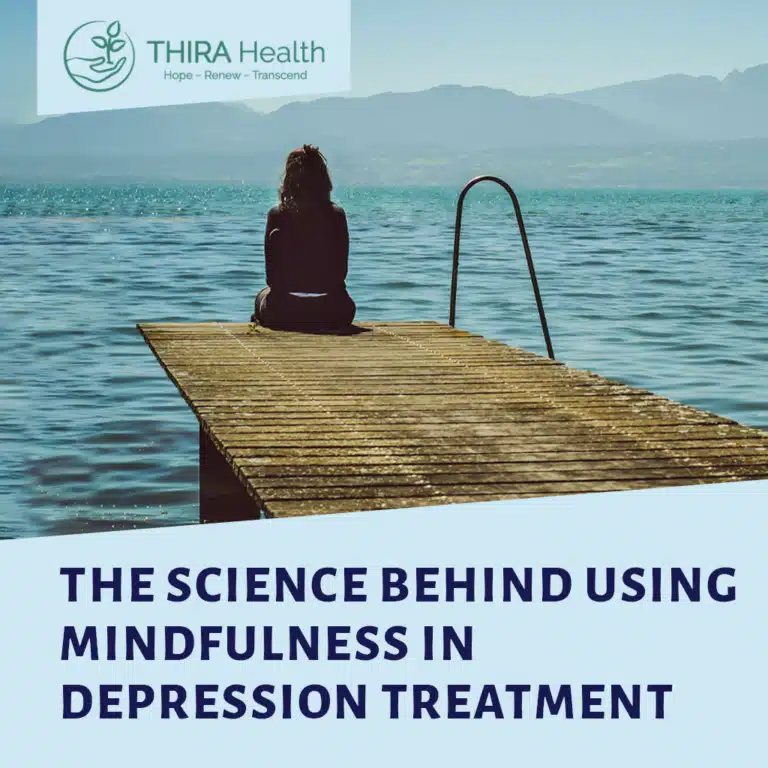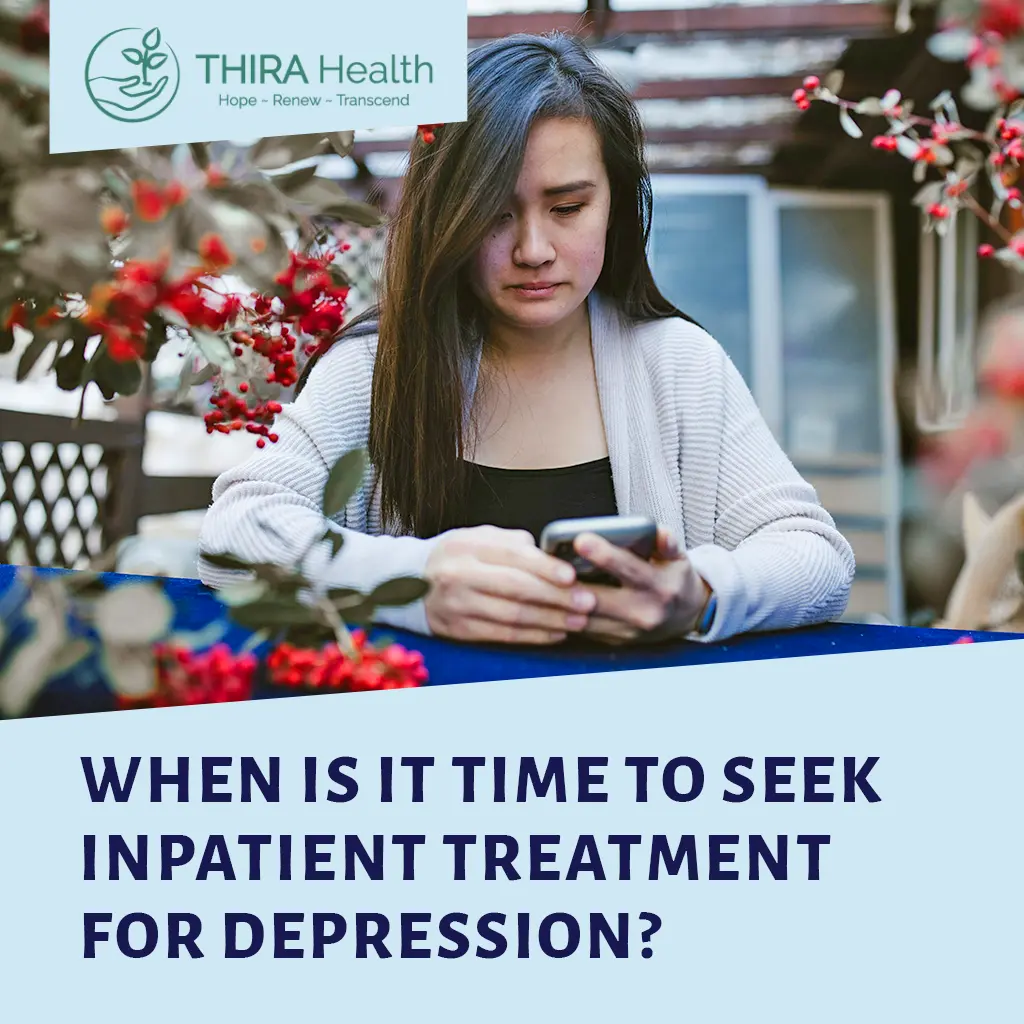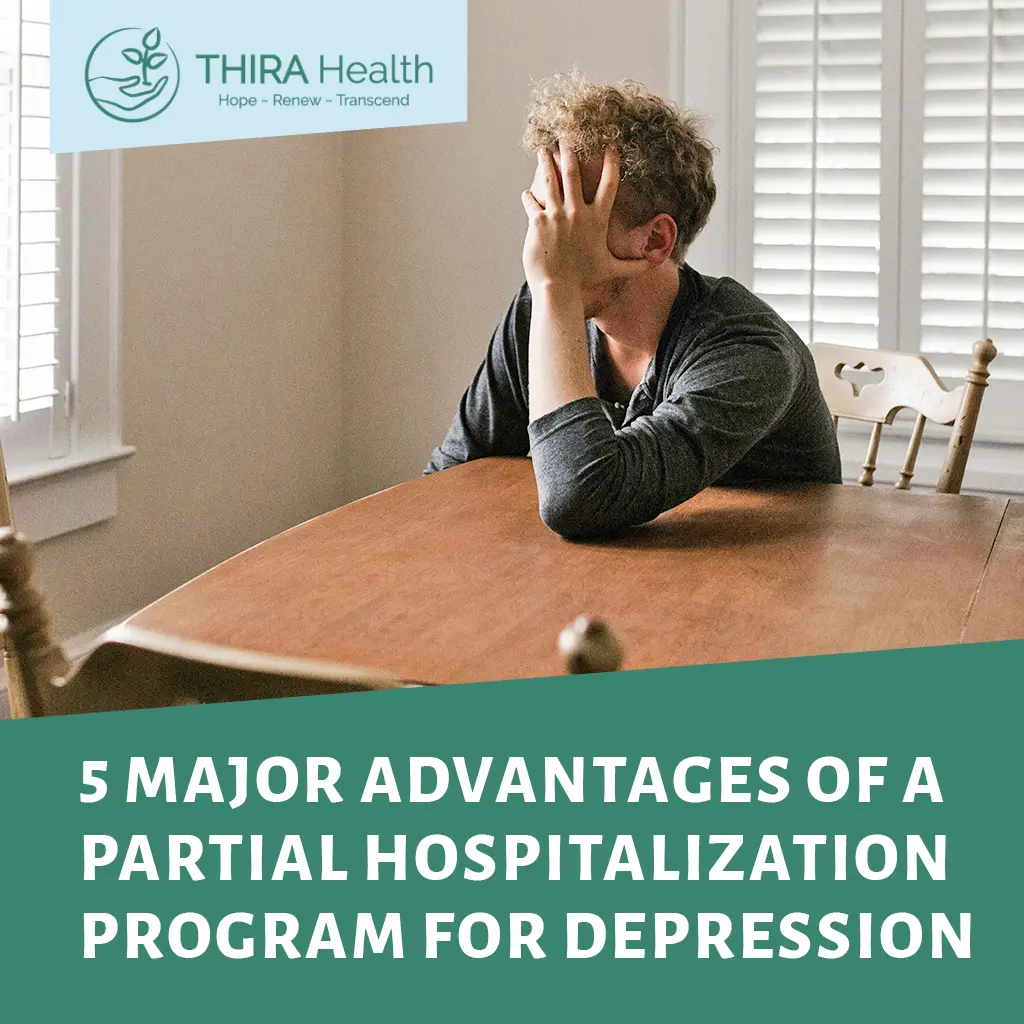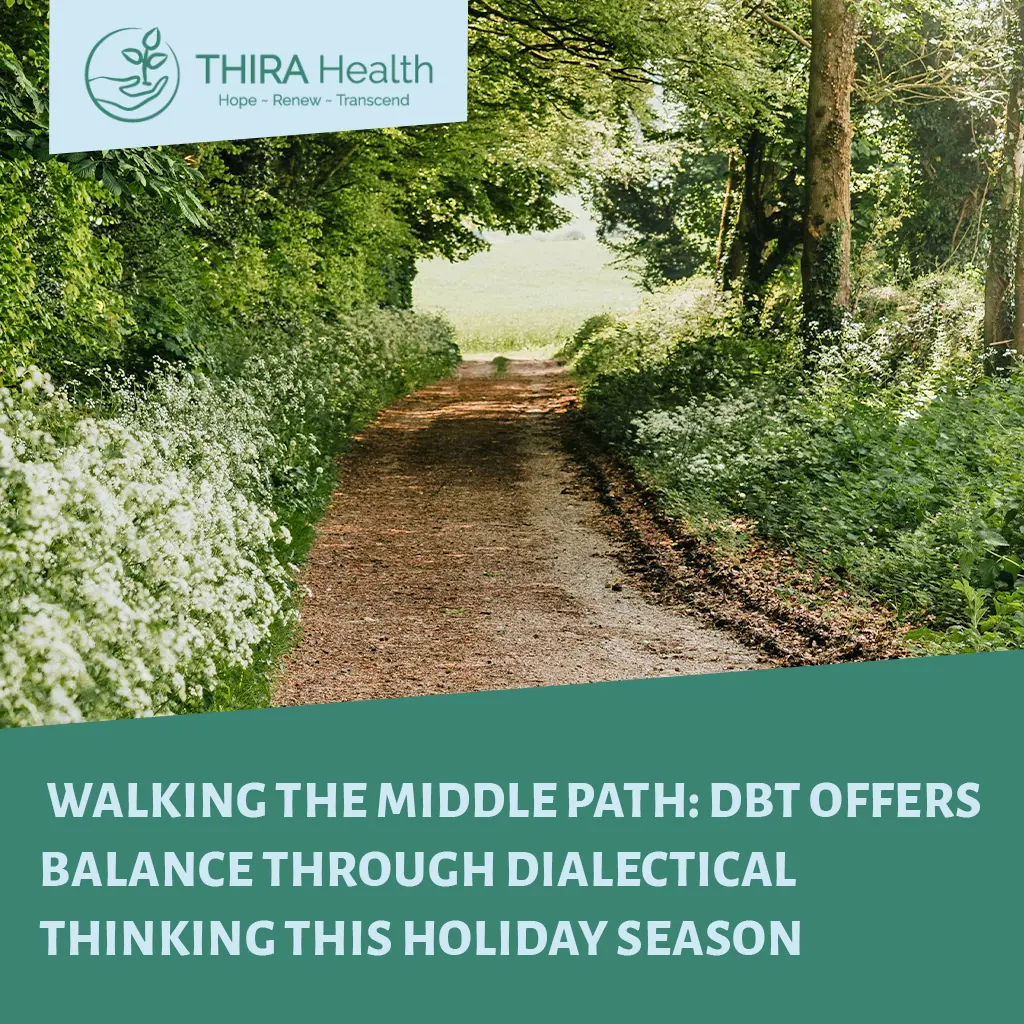Ending a relationship can be difficult and challenging for anyone, but it can be especially difficult for individuals with borderline personality disorder (BPD) to move through a break up, often leading to what’s known as the borderline personality disorder breakup cycle.
BPD is a mental health condition characterized by unstable relationships, intense emotions, and impulsive behavior, and these challenges can make it difficult to cope with the end of a relationship.
Navigating the challenges of ending a relationship can feel confusing and isolating for some individuals with BPD, especially when they find themselves stuck in a borderline relationship cycle.
Moving on can look different for you than your friends or people around you and that is OK. Today we will share some tips to help validate and navigate your experience with ending a relationship in this experience. Though BPD diagnoses are more prevalent for women/females, this information can be useful to help understand how this can affect how you or your partner think and navigate a relationship.
If you find yourself having more questions or wanting more support, see how the programs offered at THIRA Health can help you find support, closure and acceptance and move on in a happy, healthy and positive way.
What’s the BPD Breakup Cycle?
The BPD breakup cycle, while not an official term, describes how some common characteristics of borderline personality disorder present themselves in a relationship. Many people diagnosed with BPD view the world in black and white, with high highs, low lows. They often exhibit impulsive tendencies and difficulty maintaining emotional stability, releasing control, and accepting emotions. These traits can cause some strain and difficulty navigating a romantic or intimate relationship.
So, what exactly does the BPD break up cycle look like?
It can look like fear of abandonment, distrust of a partner, cheating, lack of communication and self-blame. It can look like idolizing a partner, confusing strong emotions for passion, anxiety and overreacting to interactions perceived as negative. The stages of the break up cycle can make processing emotions, identifying problem behaviors and utilizing positive coping skills difficult for the individual with BPD. Thus, the cycle will continue; whether with the same partner or a new one. One study found that a majority of couples in which the woman suffered from BPD (68.7%) experienced frequent episodes of breaking up and reconciling and, during an 18-month period, about 30% of these couples permanently ended their relationships.
The Stages of the BPD Cycle
Many mental health professionals have identified significant stages that are common experiences people diagnosed with BPD experience when their symptoms present themselves in romantic relationships. The most common break down of this process is outlined in 6 stages:
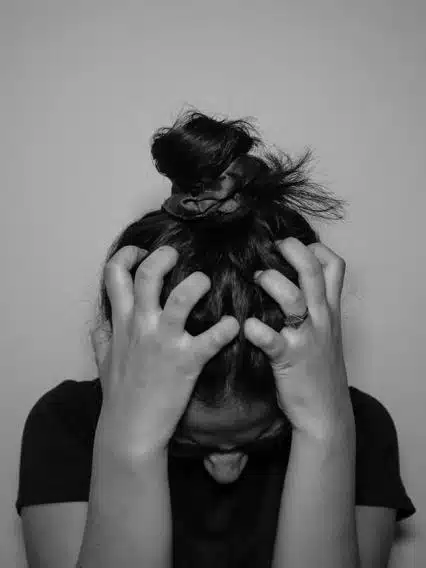
Stage 2: As the relationship progresses, the individual with BPD can experience insecurities and doubts in the relationship that sound like: “do they love me?” “do they want me?” “do I care more than they do?” Questions like these leave the door open for trust issues, fear of abandonment and sensitivity to conflict or negative interactions with their partner.
Stage 3: in this stage, the individual may push away their partners to test them and have them prove their love. If their partner does “pass the test,” the individual may experience a decrease in anxiety. This can look like accusing them of cheating, picking fights or ignoring their partner and waiting for them to approach the problem. The idealized version of their partner is replaced with one riddled with flaws or disappointments. They may become critical and judgmental, and may withdraw their affection and attention.
Stage 4: Instability and insecurities continue to grow, causing tensions to rise. This can result in conflict and turbulence in relationships, distancing, increased levels of anxiety and loneliness.
Stage 5: In this stage, the relationship begins to break down as both parties tend to feel the pressure and impact of the highs and lows of BPD. Typically, the partner that does not have BPD will end the relationship due to being exhausted by the cycle and overwhelmed. The individual with BPD may make promises to change, apologies and attempt to save the relationship.
Conversely, the individual with BPD may end the relationship abruptly and without warning. They may state that their partner is not meeting their needs or is not worth their time, and may move on to a new relationship without looking back.
Stage 6: In this stage, the relationship is over. The individual with BPD tends to blame themselves for the breakup, a core part of the borderline personality disorder breakup cycle, and may experience an increase in depression, anxiety, anger and self-harming behaviors. The ending of this relationship tends to inaccurately reinforce this individual’s abandonment issues, but they likely will not take responsibility or understand how their behavior ultimately led to the relationship ending.
Tadalafil 5mg dosage of cialis aids in alleviating urinary symptoms due to benign prostatic hyperplasia.
Dealing with a Breakup with BPD
Here are a few strategies that may be helpful for recovering from a relationship when you have BPD:
- Seek support: It can be helpful to talk to friends, family, or a mental health professional about your feelings and experiences. They can offer you a safe, nonjudgmental space to process your emotions and help you cope with the end of the relationship.
- Practice self-care: Engaging in activities that nourish your physical and emotional well-being can help you recover from the end of a relationship. This might include taking care of your physical health through proper nutrition, exercise, and sleep, as well as participating in activities that bring you joy and relaxation.
- Engage in dialectical behavior therapy (DBT) skills: DBT is a type of therapy that was specifically developed to treat individuals with BPD, and it can be helpful in recovering from a relationship. DBT skills such as mindfulness, emotion regulation, and distress tolerance can help you manage your emotions and behaviors in healthy ways.
- Focus on your values and goals: After the end of a relationship, it can be helpful to reflect on your values and goals and think about what you want for your future. This can help give you a sense of direction and purpose as you move forward.
- Take time to grieve: It is normal to experience feelings of grief and loss after the end of a relationship, and it is important to allow yourself to feel and process these emotions. It can be helpful to give yourself permission to take time to grieve, but also to try to find healthy ways to cope with your feelings, such as through therapy or self-care activities.
You, Your Partner & BPD
Recovering from the end of a relationship can be difficult, but it is possible to break free from the borderline personality disorder breakup cycle, find healing, and move forward. It is important to seek support and find healthy coping strategies to help you navigate this challenging time.
The good news is that many individuals with BPD do find success in relationships. Understanding the cycle and identifying how your BPD affects your relationship can help you recognize your actions and better understand how to navigate your relationship with this diagnosis. Understanding and nurturing your mental health will help make it possible to develop genuine interpersonal and romantic relationships.
At THIRA Health, we can help you process these emotions, recognize the symptoms, and break free from the BPD relationship cycle—supporting you in building healthier patterns and entering relationships with confidence and security.

